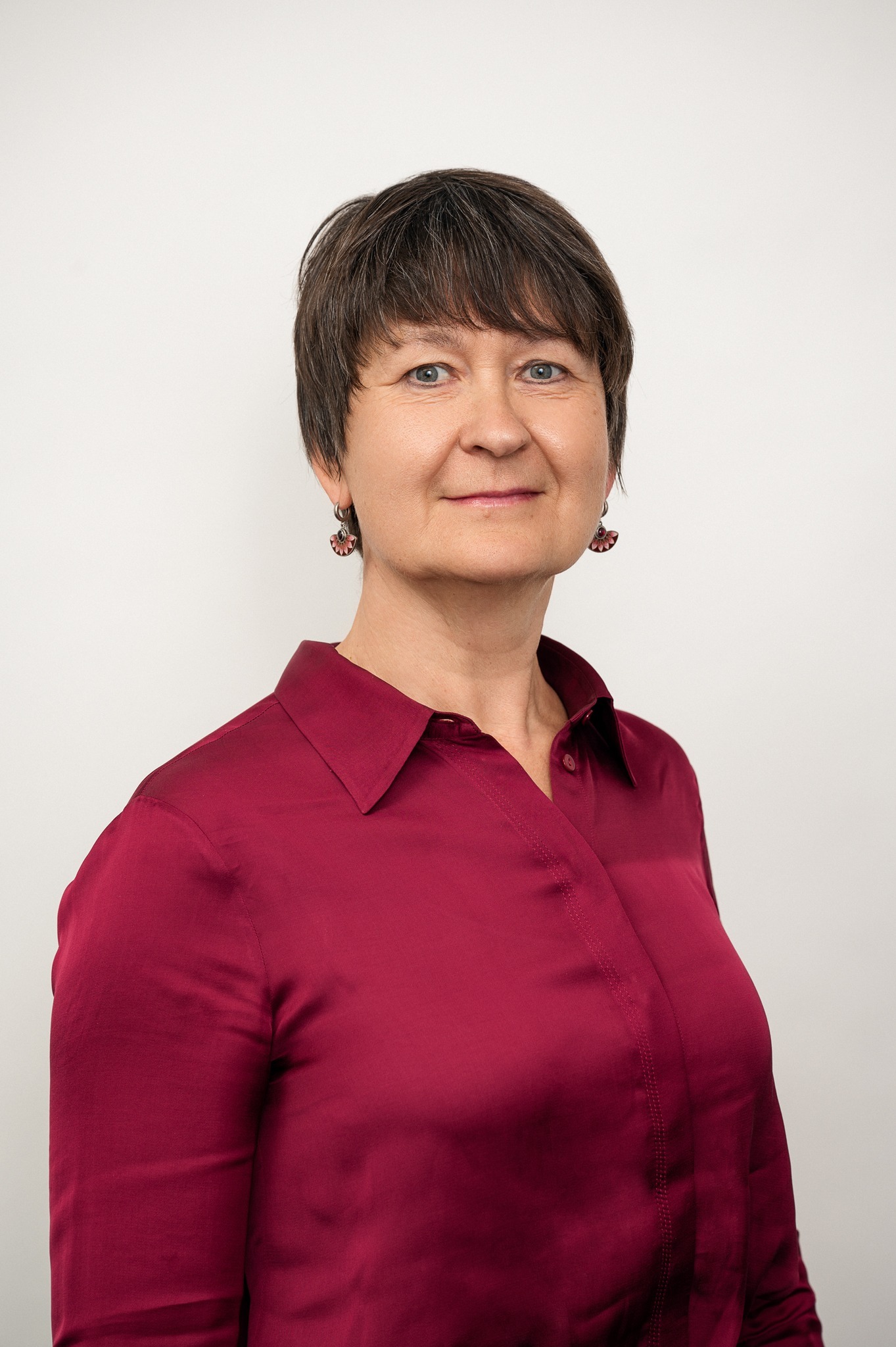The project, initiated by the Secretariat of the Council of Baltic Sea States and funded by a grant from the Swedish Institute, is being implemented in collaboration with public national institutions, organizations, and universities from Estonia, Latvia, Ukraine, Sweden, Finland, and Norway.
The Nordic Council of Ministers Office has committed to supporting the participation of two Lithuanian universities, Vilnius University and Vytautas Magnus University. In close partnership with the Lithuanian Ministry of Interior, these universities will conduct local project activities and participate in international events related to the THALIA project.
Project purpose and goals
The project aims to establish long-term collaboration with human trafficking stakeholders and universities to enhance the competence of future journalists in the Baltic Sea Region on the subject of human trafficking.
Project target groups
Professors and students of universities:
Lithuania:
- Vilnius University
- Vytautas Magnus University
Sweden:
- Södertörn University, Stockholm (Co-coordinator of the project)
Finland:
- Haaga-Helia University
- Jyväskylä University, Helsinki
Ukraine:
- Taras Shevchenko National University, Institute of Journalism
- Kyiv Mohyla Academy, School of Journalism
Russia:
- Moscow State University, Faculty of Journalism
- Moscow Humanitarian University
Estonia:
- Tallinn University
- Tartu University
Latvia:
- Riga Stradiņš University
Norway:
- Volda University College
Partners
Lead partners:
- Secretariat of the Council of Baltic Sea States
- Södertörn University, Sweden
- Nordic Council of Ministers Office in Lithuania
Other partners:
- Lithuania: Ministry of Interior, the Lithuanian Association against Human Trafficking
- Estonia: Ministry of Justice
- Latvia: Ministry of Interior
- Ukraine: International Organisation for Migration
- Russia: Inter-regional social movement against TBH and modern forms of Forced labour “Alternative”
- Norway: Ministry of Justice and Public Security
- Finland: Finnish Immigration Service
Key events and activities
1. National Panel Discussion/Workshop (Press Conference):
- Purpose: Improve journalism students’ understanding of human trafficking and encourage debate and discussion on media coverage of the issue.
- Content: Developed in collaboration with faculty, covering topics such as interviewing techniques, photojournalism, terminology, ethical reporting, content editing, publishing, and dissemination.
2. Workshops for Teachers of Journalism:
- Purpose: Develop strategies for applying journalistic theory to the field of human trafficking.
3. CBSS Organized Open Call for Contributions:
- Format: Film, photography, articles, and/or radio segments by journalism students in the BSR on human trafficking.
- Integration: Designed as part of the course work for contributing students.
- Reward: Best contributions from each country will be presented at the final project activity in Stockholm, an international journalism seminar.
- Seminar: Organized by project partners, inviting approximately 2-3 students per country.
4. Presentation of Students’ Works:
- Format: Showcased at various national events.
Coordinators of project activities in Lithuania
- Andrius Gudauskas, associated professor of Communication Theories and Television Journalism at Vilnius University
- Giedre Čiužaitė, LRT Journalist, Vilnius University Assoc. Prof. of Partnership
- Prof. Auksė Balčytienė, UNESCO chair on Media and Information Literacy for Knowledge Inclusive Societies, Department of Public Communications, Faculty of Political Science and Diplomacy, Vytautas Magnus University
- Dr. Giedre Vaičekauskienė, Department of Public Communications, Faculty of Political Science and Diplomacy, Vytautas Magnus University
- Sonata Mickute, Senior Adviser of the Public Security Policy Group of the Ministry of Interior, Lithuania




